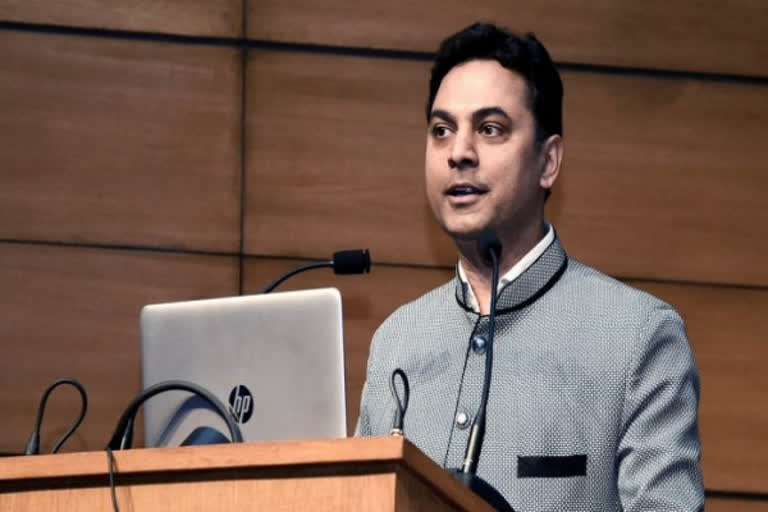New Delhi: Chief Economic Adviser K V Subramanian on Tuesday exhorted financial institutions to avoid crony lending and focus on high quality loans for creation of assets that will help the country become a USD 5 trillion economy.
Observing that Indian banking sector since the early 1990s faced the problem of poor quality lending especially on large loans, he said, loans were not given to most creditworthy borrowers but to crony capitalists, leading to high distress.
Read: Revival of animal spirits with 11% growth rate next fiscal year: CEA Subramanian
"When the financial sector decides to actually lend to a particular borrower who is more connected even though that borrower may not be the most creditworthy, it means that capital is not being provided. There is an opportunity cost as the capital does not go to a more creditworthy borrower," he said at an event organised by industry chamber FICCI.
It is the duty of the financial sector to ensure that optimal capital allocation happens in the economy, he added.
It is to be noted that the bad loan problem in the banking sector is large because of the high exposure of banks towards infrastructure which was facing problems on several counts.
"I think it is extremely critical now that the financial sector owns up this responsibility of doing high-quality lending, especially on the infrastructure side, and really avoid crony lending... I think that is basically the mantra for the financial sector," he advocated.
Read: Estimates show 'upside potential' for economy this financial year: CEA
He also suggested strengthening corporate governance in the financial sector to ensure high-quality lending and linking incentives of senior management to quality lending.
"Incentive mechanisms need to be put in place to prevent crony lending as infrastructure projects involve high gestation periods," he added.
Financial institutions should avoid evergreening and zombie lending as it blocks capital for creditworthy borrowers, he added.
Subramanian said that the development of financial institutions will play an important role as infra financing requires very specialised expertise.
The government has proposed to set up a Rs 1-lakh crore development financial institution (DFI) to accelerate infrastructure financing activities.
The infrastructure financier, to be called the National Bank for Financing Infrastructure and Development (NaBFID), is to anchor the ambitious National Infrastructure Pipeline (NIP).
About 7,000 projects have been identified under the NIP with a projected investment of a whopping Rs 111 lakh crore during 2020-25.
Read: Growth decline due to intense lockdown; V-shaped recovery in some sectors: CEA
Speaking during the event, Insolvency and Bankruptcy Board of India chairman M S Sahoo said, out of 4,000 companies that have been admitted for insolvency, 2,000 companies have completed the process.
Resolution of distressed assets are bringing in more value than liquidation, he said, adding that in some companies it has been as high 300 per cent over the liquidation value.
PTI



